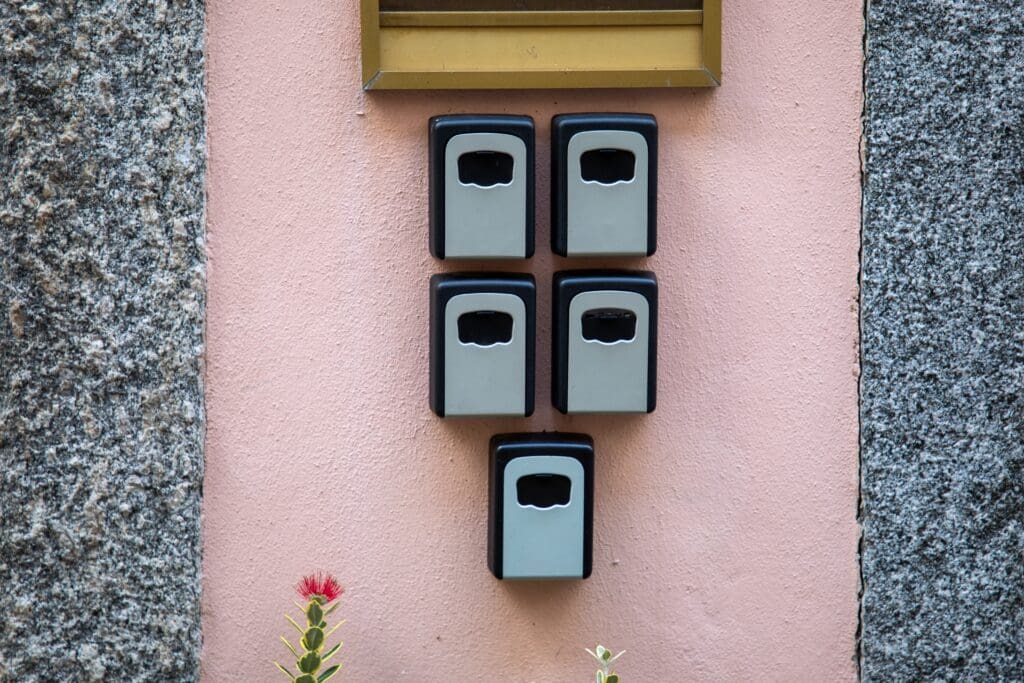Holiday rentals across Italy are set to experience a major shift as the country introduces a ban on self-check-ins, a move aimed at combating potential terrorism.
This new regulation, announced by Italy’s Interior Ministry, will see the removal of key boxes and key pads from self-check-in properties, with law enforcement officers deployed to ensure compliance.
The ban represents a tightening of Italian law, which already requires all renters to be registered at local police stations. Previously, property managers could comply by forwarding photocopies or cell phone pictures to a messaging service. Now, they will need to conduct physical checks in person.
The new regulation is intended to “implement stringent measures aimed at preventing risks to public order and safety in relation to the possible accommodation of dangerous people or those linked to criminal or terrorist organizations,” according to the circular announcing the ban.
This change comes as Rome prepares for an influx of tourists for the Vatican’s Holy Jubilee year in 2025 and the Winter Olympics in Cortina in 2026, events that have already seen a surge in bookings for Airbnbs and other short-term rentals.
The decision to enforce the ban was made “in light of the intensification of the phenomenon of short-term rentals throughout the country, linked to the numerous political, cultural and religious events scheduled in the country, also in view of the Jubilee celebrations, which according to estimates will bring 30-35 million tourists to Italy,” the circular states.
Local governments have welcomed the move, following a similar ban on keyboxes issued by the Tuscan city of Florence in mid-November. Rome’s Mayor Roberto Gualtieri praised the ban, stating that padlocks and keyboxes “disfigure our streets” and calling it “good news for everyone.”
In response, Airbnb stated that it takes security seriously and supports efforts to crack down on illegal key boxes in public spaces. However, the company defended self-check-ins as a “convenient option for both hosts and guests to manage arrivals in a flexible way.” Airbnb expressed its commitment to promoting responsible hosting and working with the Italian government to address local safety concerns while meeting the needs of its community.


